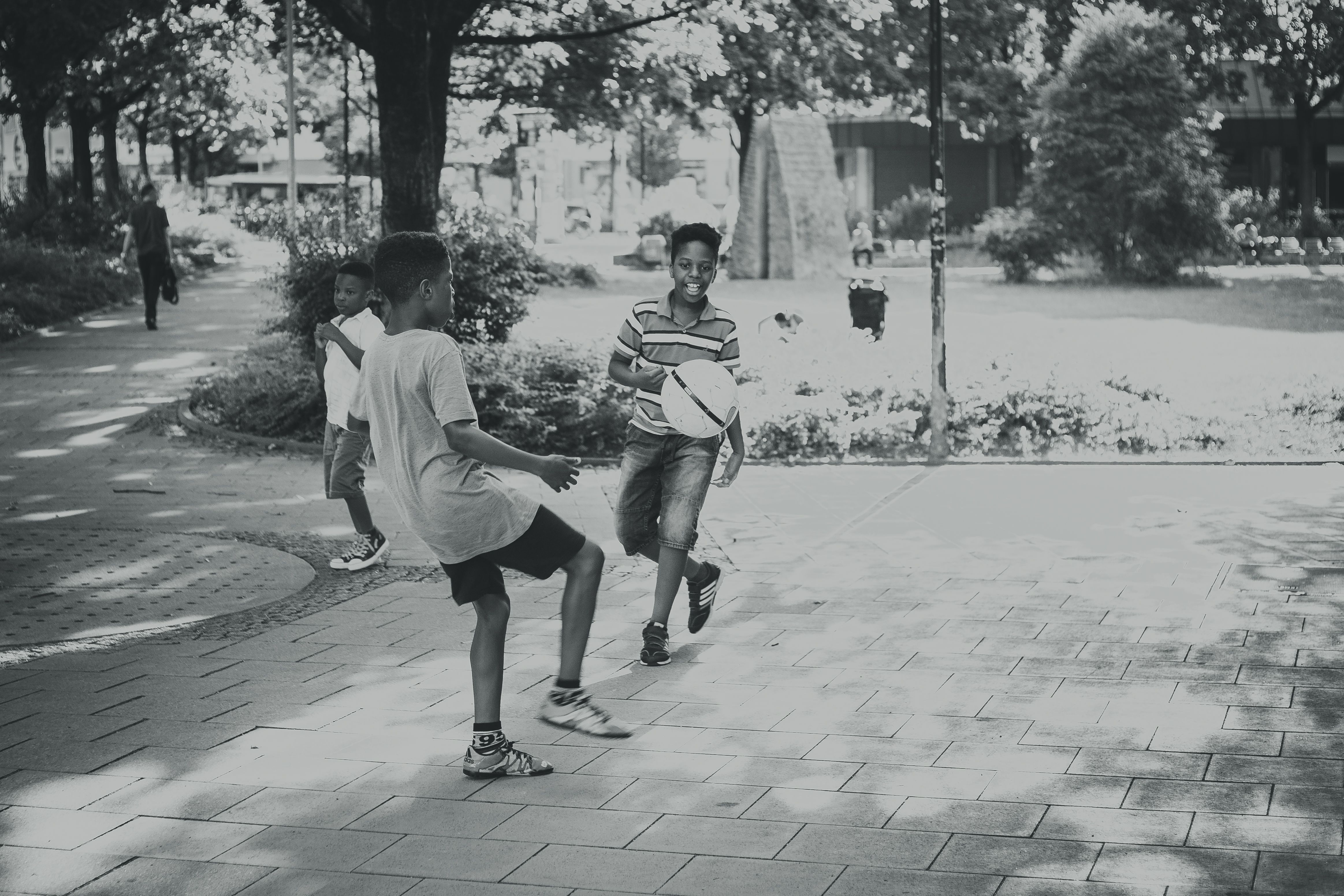
I used to think that I had boundless energy to give to my friends. I was never ready to stop hanging out, was always down for long or emotional conversations, and could text them non-stop. But the past couple of months, I started feeling differently about my friendships. I felt as though everyone was relying on me for emotional support. Typically, I would love to be the friend people go to for emotional debriefing, so my sudden frustration with the constant spews of unprocessed feelings coming from my friends was shocking. I was overwhelmed with the pressure to help friends through breakups, mental health struggles, family disputes, and everything in-between. When I would become exhausted and not be able to be completely present with them, I felt terrible. I convinced myself that when my friends would tell me that they weren’t doing well, it was my responsibility to make everything better for them. When I told my therapist how I was feeling, she told me that I was struggling with setting boundaries.
What are boundaries? Boundaries mark the limitations of the time spent on, or emotional energy given to, a relationship. Boundaries are how we prioritize our own needs, preserve our mental health, and avoid dependency in relationships. Often, boundaries are not realized until they are crossed, so watching out for signs of weak boundary setting and communicating about emotional exhaustion in relationships is important.
When do I need to set more boundaries? There are multiple signs that someone should work on their boundary setting in relationships. Some examples include experiences I was having in my friendships, such as:
- Feeling tired and burnt out consistently
- Having little time to yourself
- Taking responsibility for others thoughts and feelings
- Feeling resentful or frustrated toward others because they feel burdensome
- Having others consistently rely on you for their emotional needs and regulation
For me, setting boundaries meant that I needed to have more time to myself. For example, I started leaving my friend’s house earlier in the night so that I could get a full 8 hours of sleep. I also allowed myself to turn down plans if I wasn’t feeling up for it or needed to get some work done. Setting emotional boundaries is more difficult, and something that I am still working on improving. One way I set emotional boundaries is by avoiding putting too much pressure on myself to have a perfect and constructive response when my friends open up about their feelings. I have been working to reframe my role as being that of a friend, rather than their therapist. I now try to see our conversations as a way for us to connect and learn from each other, rather than my time to help them problem solve and process emotions. Boundaries allow relationships to be healthy and sustainable, even if in the moment you may feel bad about having to set them. Relationships do not thrive with weak boundaries- it could cause one or both people in the relationship to feel exhausted, frustrated with each other, and unable to regulate their emotional wellbeing on their own. Being more aware of my need to set boundaries and working to start doing so has helped me to focus on my mental health. It is necessary to see your own wellbeing as your priority, and remind yourself that it is impossible to help those around you before you help yourself!







